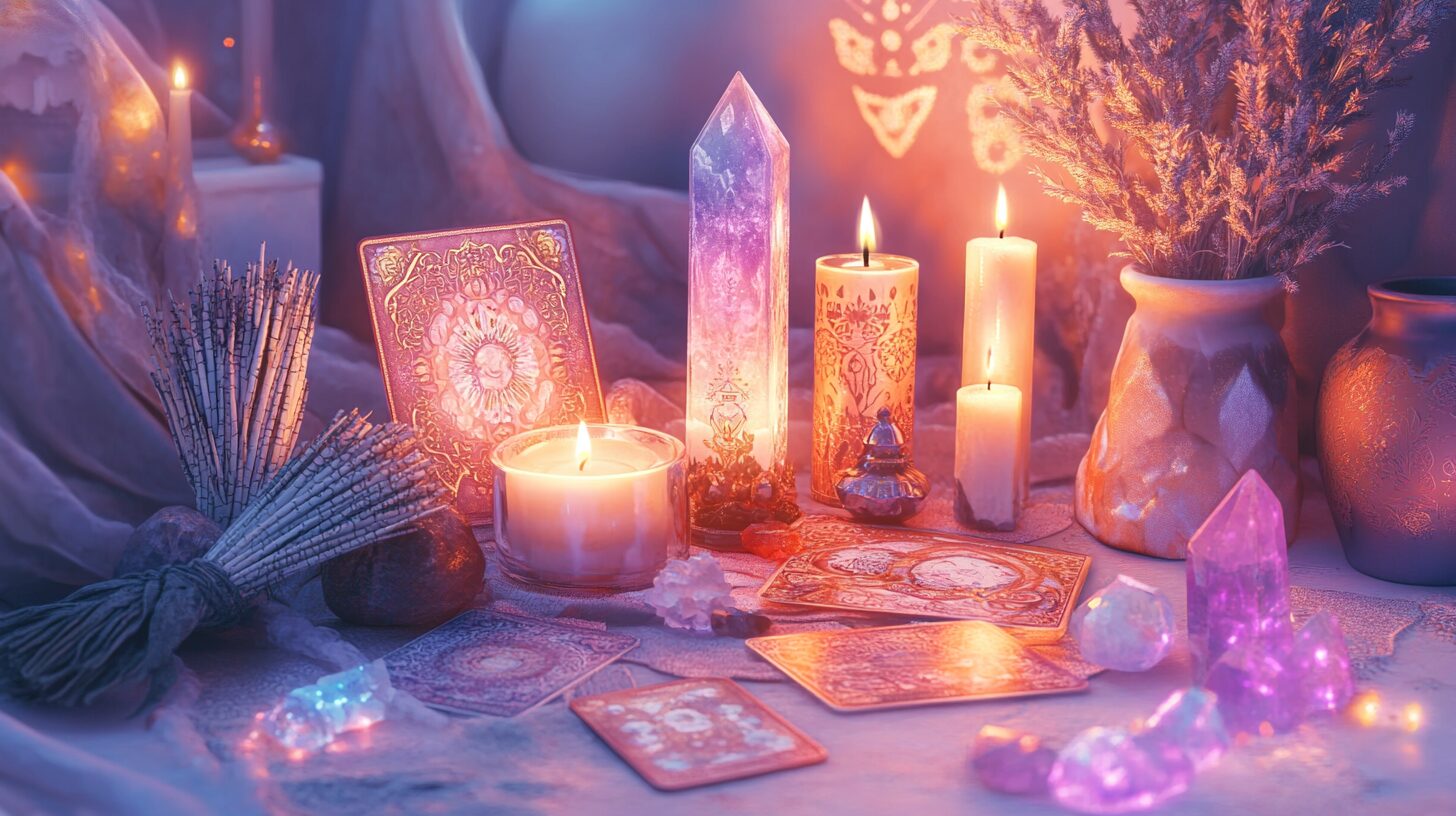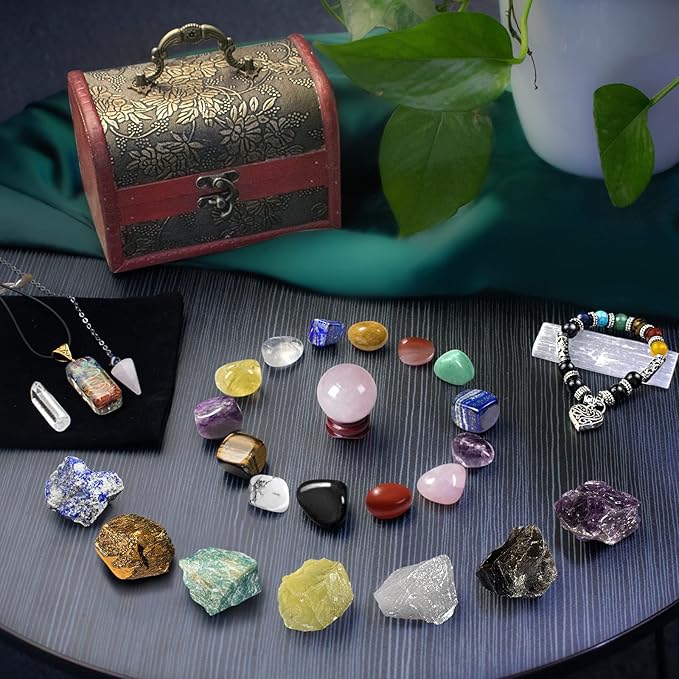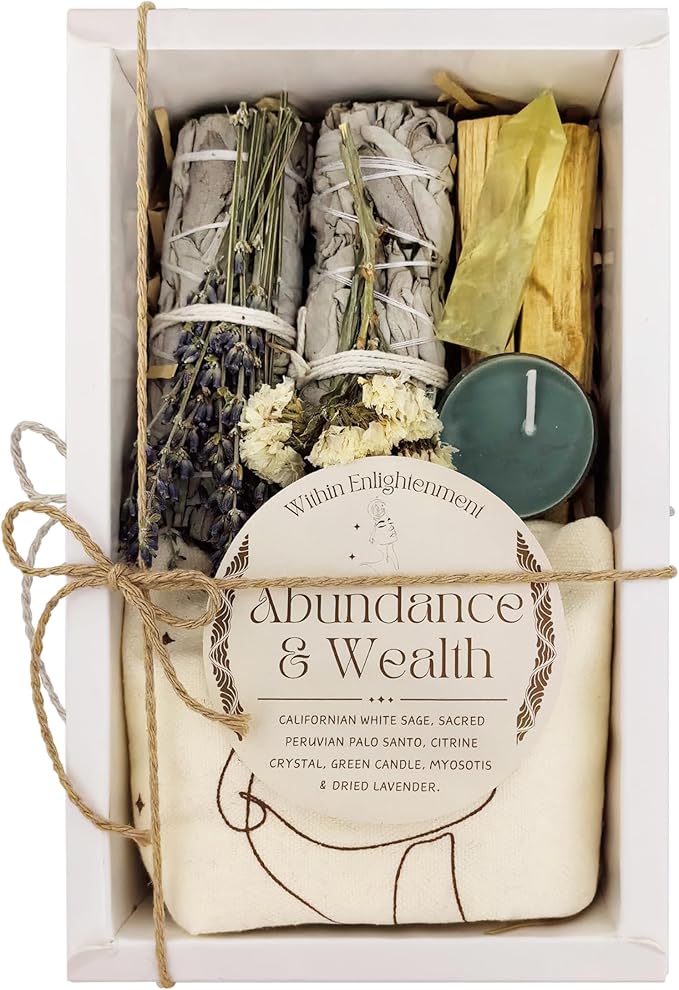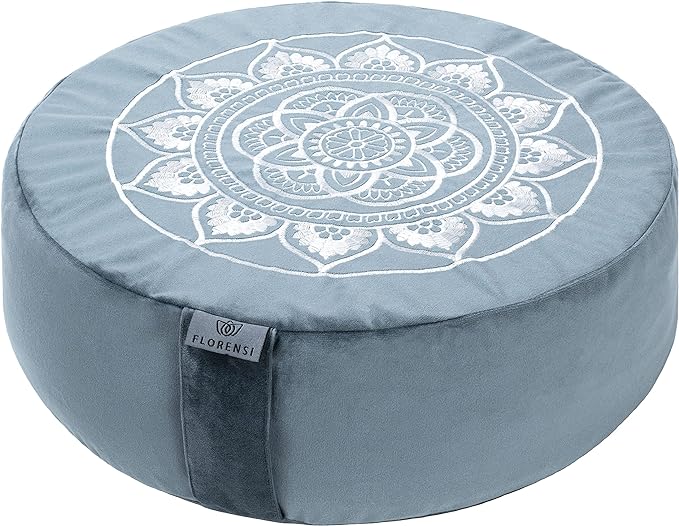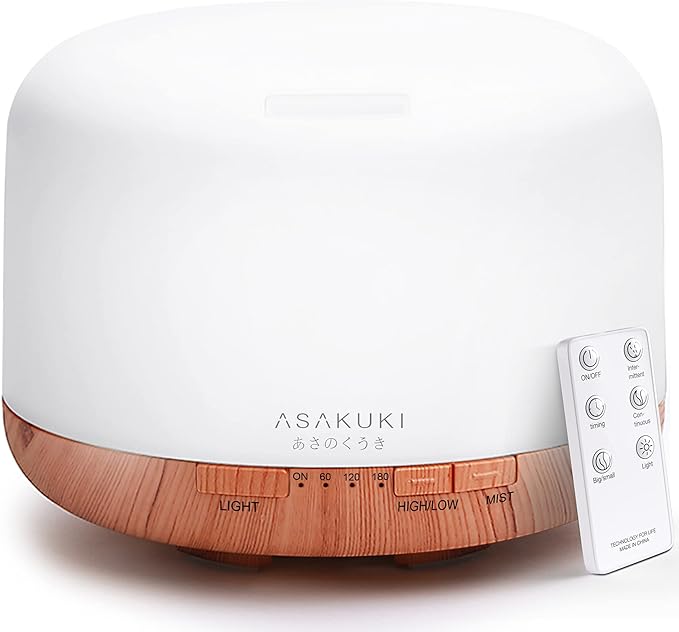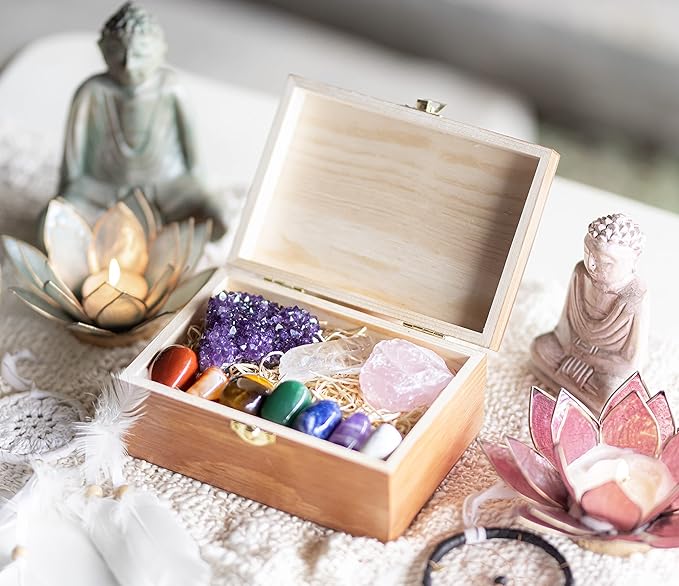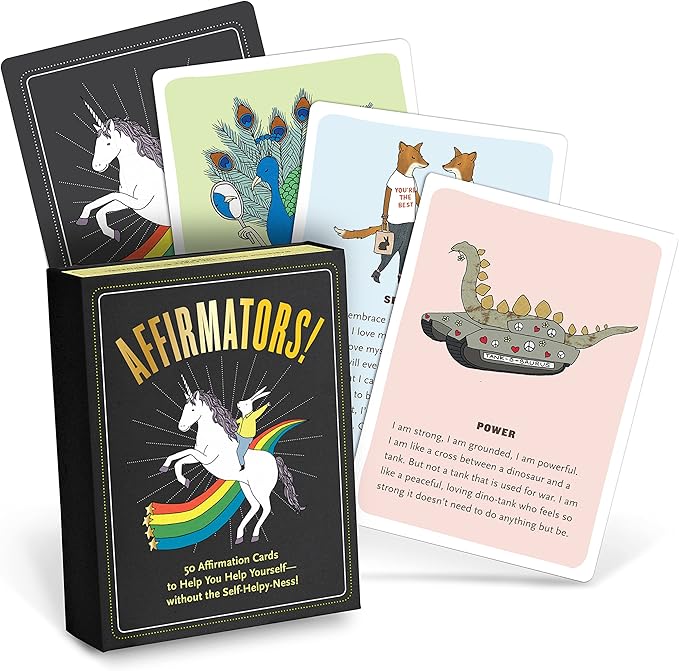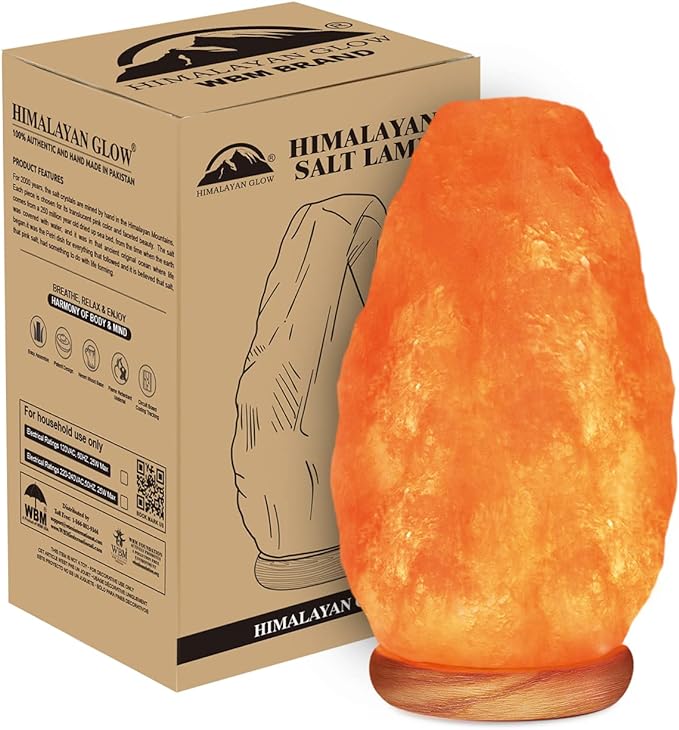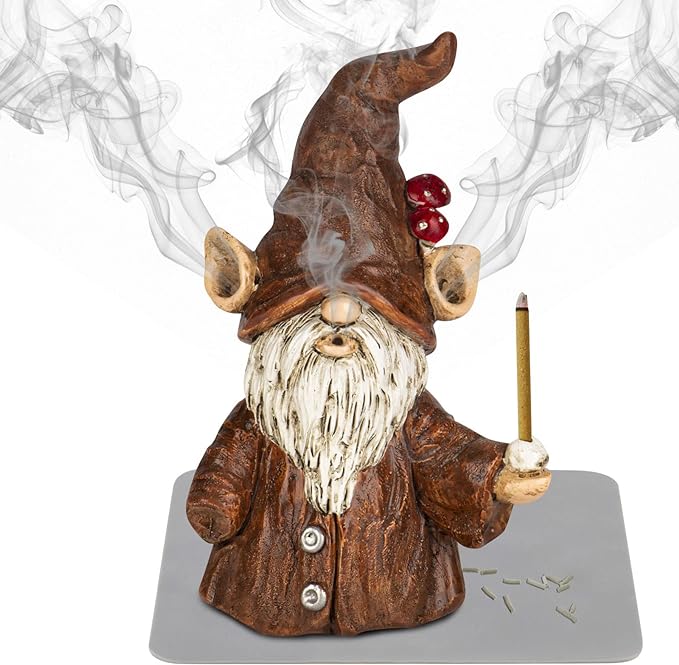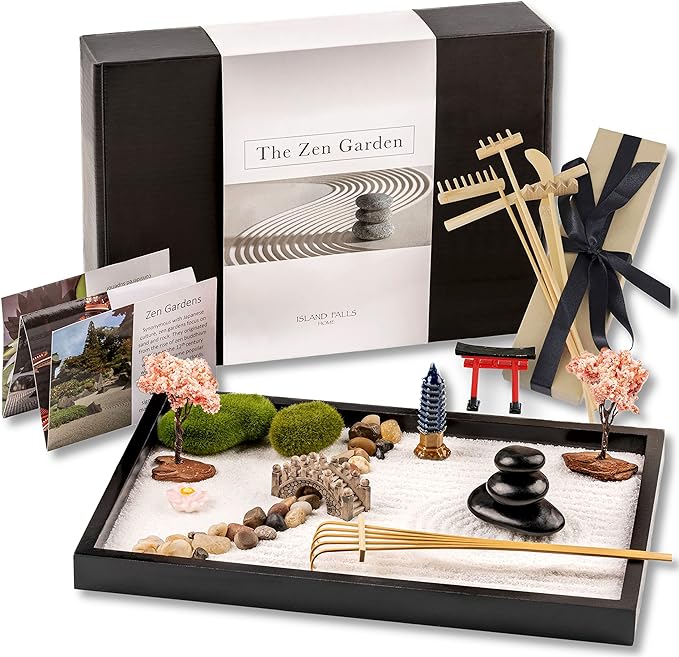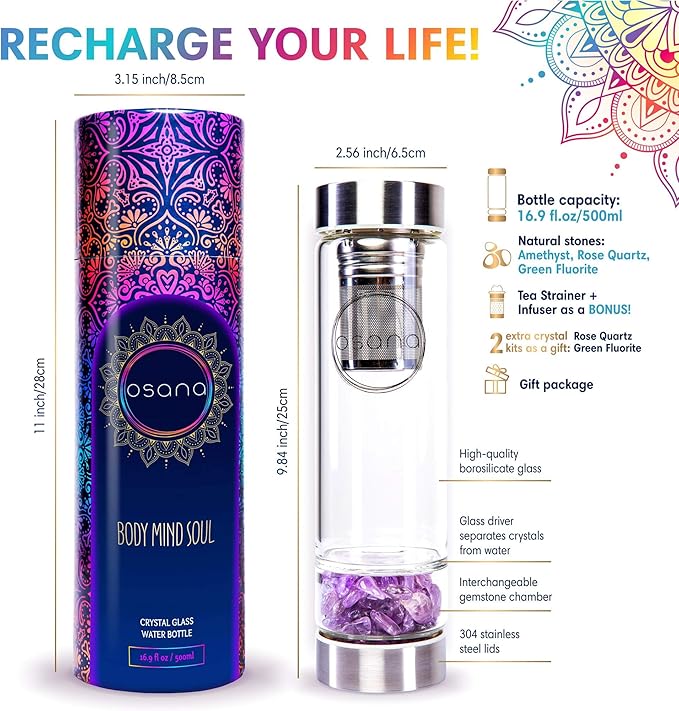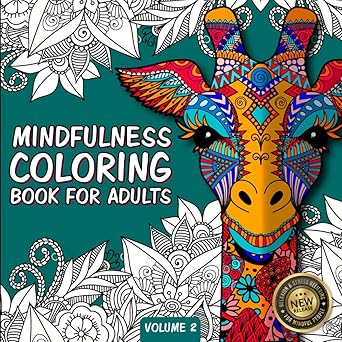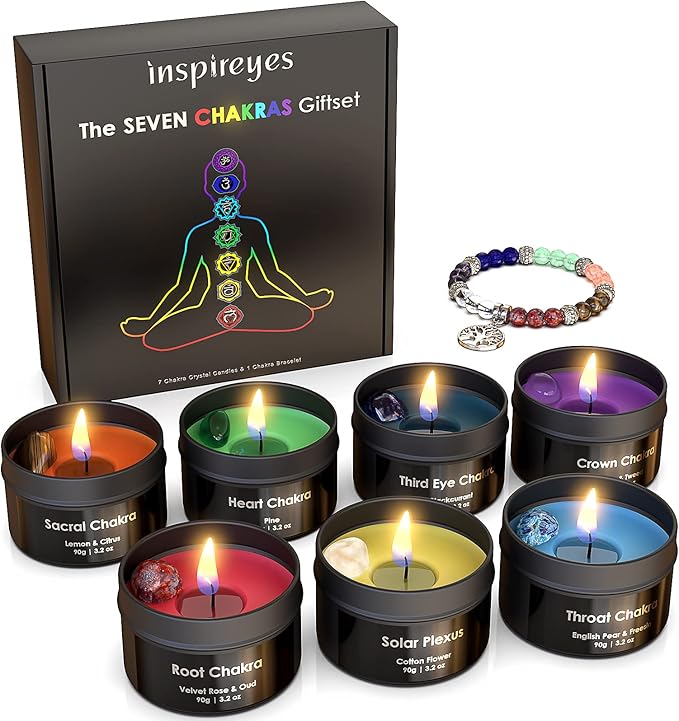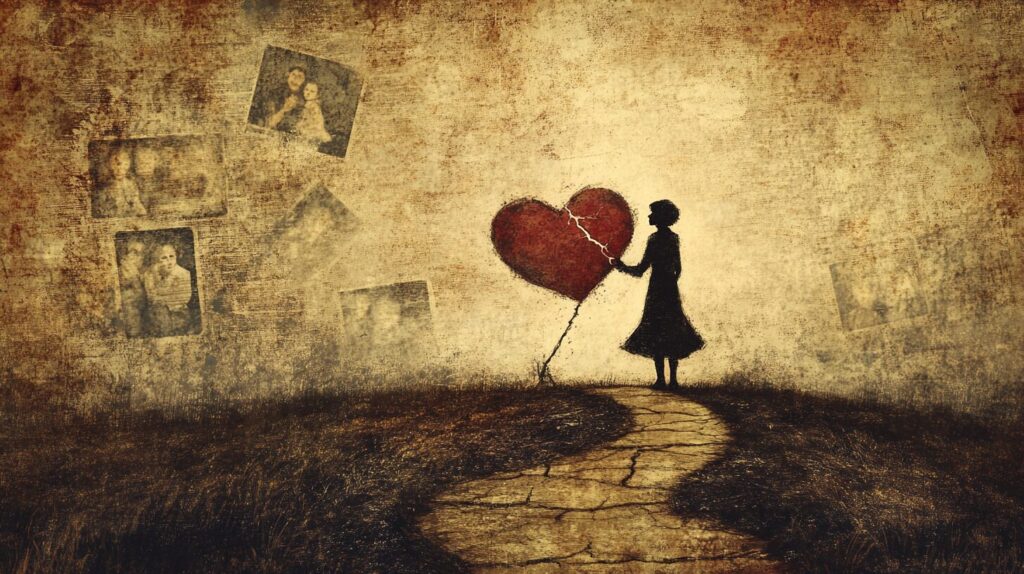
Life can be tough, and sometimes, we all feel lost or hopeless. Many people struggle with things like addiction, self-doubt, and feeling like they can’t escape a bad situation.
It’s like being stuck in a never-ending loop, where no matter how hard you try, you just can’t break free. These feelings can be overwhelming and make you feel like you’re the only one going through them.
But the truth is, these struggles are common, and you’re not alone. It’s important to remember that anyone can face these feelings, and there’s always a way out.
Recognizing the Cycle of Negative Patterns
Negative patterns can sneak into your life without you even realizing it. They might start as small habits, like using substances (alcohol, drugs), gambling, or spending too much time scrolling through social media and online content.
At first, these behaviors might feel like they’re helping you escape from stress or pain. But over time, they become traps, making things worse instead of better. They keep you from facing your real problems and taking responsibility for your actions.
Avoiding responsibility and fearing life’s challenges can also be part of this cycle. It might feel easier to ignore problems or run away from difficult situations.
But avoiding these things only allows them to grow bigger and scarier in your mind. Self-destructive behaviors become a way to hide from the fear and pain you don’t want to deal with.
These negative patterns can go on for years, trapping you in a cycle that feels impossible to break. The more you rely on these quick fixes, the more hopeless and stuck you might feel.
It’s important to recognize these patterns, understand why they’re happening, and know that change is possible.
Breaking free starts with understanding what’s really going on.
The Weight of Guilt and Shame

Feeling like a failure or a burden to others can be a heavy weight to carry. Guilt and shame can make everyday life feel overwhelming and exhausting. These feelings often come from past mistakes or feeling like you’re relying too much on others for support.
It’s easy to think that you’ve let people down or that you’re not good enough.
How Guilt and Dependency Affect Self-Worth
- Guilt Over Past Actions: Mistakes are a part of life, but dwelling on them can lead to feeling stuck. Constantly thinking about what you did wrong makes it hard to move forward.
- Relying on Others: Needing help is normal, but feeling like you’re a burden can make you feel like you’re failing. This can lower your self-esteem and make you feel worthless.
The Trap of Comparison
Looking at others who seem successful and happy can make you feel even worse. Social media, in particular, can create a false picture of perfection.
When you compare yourself to these images, you might feel like you’ll never measure up. This can deepen your sense of inadequacy and make you feel even more stuck.
Remember, everyone has their own struggles, even if you can’t see them.
The Desire for Change vs. Fear of Failure

Wanting to change your life for the better is a strong and natural feeling. But often, it comes with a fear of failure that can hold you back. This fear creates an inner conflict, where part of you wants to improve, but another part worries you’ll just end up failing again.
The Frustration of Repeated Failures
- Trying and Failing: You might have made several attempts to break free from bad habits, like quitting smoking, cutting back on drinking, or being more responsible. Each time you don’t succeed, it can feel like proof that change is impossible.
- Feeling Stuck: These repeated failures can make you feel trapped, like you’re in a never-ending loop of trying and failing. This leads to frustration and hopelessness.
How Fear of Failure Leads to Inaction
- Paralysis by Fear: The fear of failing again can be so strong that it stops you from even trying. You might think, “Why bother if I’m just going to fail?”
- Cycle of Self-Blame: Not taking action leads to guilt and self-blame, which makes you feel worse and even less likely to try. This vicious cycle keeps you stuck where you are.
Breaking this cycle starts with understanding that failure is a part of learning and growth. It doesn’t define you; it teaches you.
Seeking Solace and Hope
When life feels overwhelming and hopeless, finding comfort and guidance is crucial. Many people turn to spirituality, faith, or a higher power to gain strength and perspective.
Believing in something greater than yourself can offer a sense of purpose and hope, even in the darkest times.
Finding a Source of Hope
- Spirituality and Faith: Connecting with a higher power or practicing a spiritual belief can provide comfort. It helps you feel less alone and gives you a sense that there’s a bigger plan at work.
- Hope Beyond Circumstances: Instead of focusing only on your current problems, spirituality encourages you to look beyond them. It offers a perspective that life is more than just the struggles you’re facing right now.
Seeking Internal Peace and Clarity
- Meditation and Prayer: These practices can help calm your mind and bring clarity. Taking time to reflect can reduce anxiety and help you understand what’s truly important.
- Finding Inner Strength: Turning inward allows you to connect with your own strength and resilience. It reminds you that you have the power to make changes and improve your situation.
Seeking solace and hope isn’t about ignoring problems but finding the strength to face them. It’s about believing that, no matter how tough things get, there is always a way forward.
Practical Steps to Reclaim Your Life
Making positive changes in your life is possible with simple, practical steps. Here are some ways to start:
Personal Responsibility
- Take Ownership: Acknowledge that your actions and decisions shape your life. Be honest with yourself about what’s working and what needs to change.
- Set Boundaries: Protect your time and energy. Learn to say no to things that drain you or lead you away from your goals. This includes distancing yourself from negative influences.
Physical Health
- Improve Your Diet: Eat more fruits, vegetables, and whole foods. Drink plenty of water and reduce sugary drinks and junk food.
- Get Active: Incorporate regular physical activity, like walking, running, or even simple exercises at home. Exercise boosts your mood and energy levels.
- Practice Mindfulness: Engage in activities like yoga, meditation, or deep breathing exercises. These practices help reduce stress and bring clarity to your mind.
Creative and Purposeful Work
- Focus on Projects: Choose projects or goals that are meaningful to you. Working on something you care about can bring a sense of accomplishment and purpose.
- Contribute to the World: Find ways to use your skills and talents to help others. This could be volunteering, creating something valuable, or simply offering support to those around you.
Digital Detox
- Limit Screen Time: Reduce time spent on social media, gaming, or mindlessly browsing the internet. These activities often provide short-term pleasure but can lead to long-term dissatisfaction.
- Engage in Real-Life Activities: Spend more time on hobbies, reading, or face-to-face conversations. Disconnecting from the digital world can improve your mental well-being and help you feel more present in your life.
Taking these practical steps can help you regain control, find purpose, and create a healthier, more fulfilling life.
The Importance of Patience and Persistence
Making real, lasting changes in your life isn’t something that happens overnight. It requires time, effort, and patience. Understanding this can help you stay committed, even when the journey feels long and difficult.
Change Takes Time
- Long-Term Commitment: Significant changes in habits, mindset, or lifestyle are often gradual. It’s normal for progress to feel slow or even invisible at times.
- Expect Challenges: There will be setbacks and days when it feels like nothing is improving. These moments are a natural part of any growth process.
The Power of Persistence
- Keep Pushing Forward: Even when you don’t see immediate results, it’s important to keep going. Persistence is key to overcoming obstacles and achieving your goals.
- Don’t Give Up: Giving up after a setback only delays your progress. Use failures as learning experiences, and continue to move forward.
Focus on Small, Consistent Steps
- Take It One Step at a Time: Instead of trying to make big changes all at once, focus on small, achievable steps. This approach is more sustainable and less overwhelming.
- Celebrate Small Wins: Acknowledge and celebrate small progress. Each small step forward is a victory that brings you closer to your larger goals.
By embracing patience and persistence, you can build a solid foundation for lasting change, even if the process takes time.
Building a Support System

Having a strong support system is crucial when you’re trying to make positive changes in your life. Connecting with people who care about you can provide the encouragement and strength you need to keep going.
The Importance of Supportive Relationships
- Lean on Friends and Family: Surround yourself with people who believe in you and want to see you succeed. These individuals can offer emotional support, advice, and a listening ear when you need it most.
- Be Honest and Open: Look for relationships where you can share your thoughts and feelings openly, without fear of judgment or betrayal. Trust is key in these connections.
Seeking Professional Help
- Therapy and Counseling: Talking to a professional therapist or counselor can provide a safe space to explore your feelings, challenges, and goals. They can offer guidance and coping strategies tailored to your specific needs.
- Support Groups: Consider joining a support group where others are going through similar experiences. These groups provide a sense of community and understanding, reminding you that you’re not alone in your struggles.
Community Involvement
- Engage with Your Community: Find local organizations, clubs, or activities where you can meet new people and build connections. Being part of a community can provide a sense of belonging and purpose.
Building a support system takes effort, but it’s a vital step in reclaiming your life. Having people to lean on makes the journey toward change less lonely and more manageable.
What’s Next?
Feeling lost or hopeless is something many people experience, but it doesn’t have to define your life. Breaking free from negative cycles is possible with the right mindset, support, and actions.
By taking responsibility, focusing on small positive changes, and building a strong support system, you can reclaim your life and find purpose.
Remember, it’s never too late to make a change. Start today, and take the first step towards a brighter future. There is always hope.
Official post by Joanne at Sacred Joanne
source https://sacredjoanne.com/how-to-overcome-guilt-shame-and-find-hope-again/
